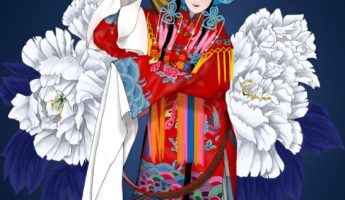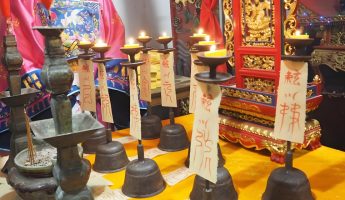The philosophical roots of Taoist philosophy of life are deeply rooted in the fertile soil of traditional Chinese culture. Its commonality with other religions lies in its deep concern for the essence of life, yet it presents a unique understanding of the cycle of life and death. Taoism not only stays at the level of spiritual beliefs, but also transforms the philosophy of life into concrete and feasible paths of practice through practical exploration. This inheritance can be traced back to ancient Taoism and early monastic groups.
At the end of the Spring and Autumn Period, based on his own spiritual experience, Laozi established a theoretical system to expound the relationship between the origin of human and nature and the laws of harmonious coexistence. This system is reflected in the Tao Te Ching, advocating that humans should conform to and respect the inherent laws of nature, namely the “Dao”. Subsequently, during the Warring States period, Zhuangzi further enriched Laozi’s thoughts, and through the “Nanhua Jing” (also known as “Zhuangzi”), deeply analyzed the essence of the Tao and the path of cultivation, emphasizing insight and transcendence of the essence of life.
Taoism fully inherits the Tao of self-cultivation and character cultivation of its predecessors, not only forming unique insights into the value of life, but also developing a life attitude that transcends the constraints of life and death. This is the essence of Taoism’s philosophy of life. The core practice of “dual cultivation of life and soul” or “alchemy” is a concrete manifestation of this philosophy of life, emphasizing the synchronous cultivation of inner spirit and outer body.
The core of Taoist natural thought lies in emphasizing that humans share the same “nature of nature” with all things in the world, that is, all things have their inherent essence and nature, which is the foundation of nature’s endowment and harmonious coexistence. Laozi called it the “Dao”, which is not only the law of the operation of all things, but also the true state and spiritual essence within all things. For cultivators, the pursuit is to return to and manifest this innate nature, achieving the highest realm of unity with the Tao.
Secondly, Taoism advocates that human activities should follow and maintain this natural relationship, namely “governing by inaction”, which means that behavior should not violate natural laws, but should conform to the internal logic of the development of things, avoiding unnecessary intervention and destruction. Zhuangzi’s discourse on “the unity of all things” profoundly reveals the inseparable connection between humans and nature, emphasizing that any damage to a part is a damage to the whole, reflecting the concept of holistic view and harmonious coexistence in Taoist philosophy of life.
The Taoist concept of life is rooted in the profound natural philosophy of Taoism. By combining practical exploration with theoretical exposition, it has formed a unique understanding of the essence of life, the meaning of life and death, and the relationship between humans and nature, providing rich spiritual resources and practice guidelines for future generations.



